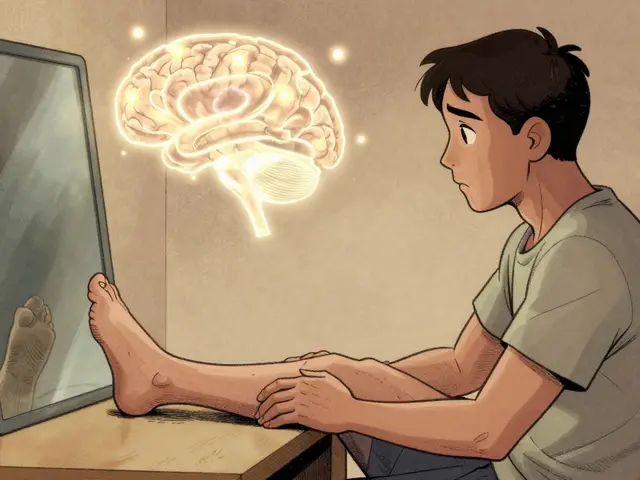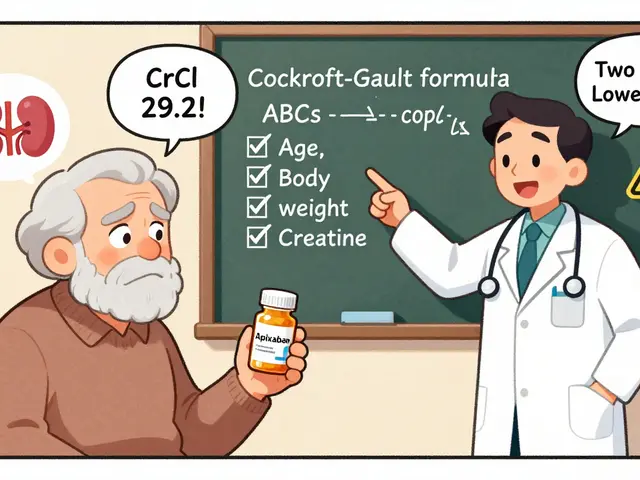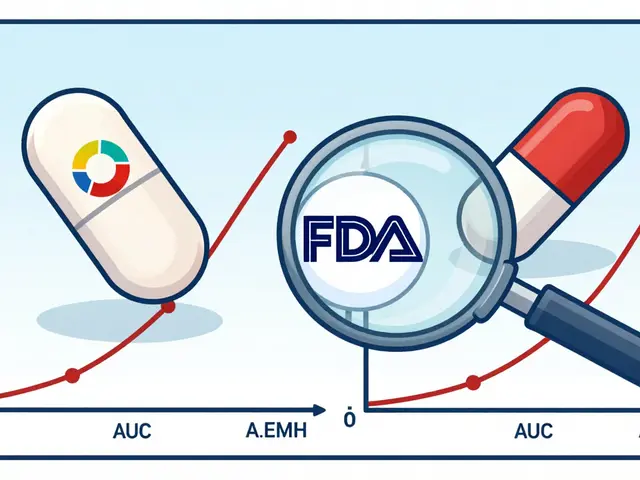Aging Risks: What You Need to Know and How to Cut Them Down
Getting older isn’t a death sentence for good health. Sure, the body changes, but many of the biggest risks—heart disease, bone loss, memory slip‑ups—can be slowed or even avoided with the right habits. Below we break down what’s most likely to bite you as you age and give practical moves you can start now.
Common Age‑Related Health Threats
The first thing to understand is which problems show up most often after 50. Heart disease tops the list; arteries stiffen, blood pressure climbs, and cholesterol can get out of control. Bone health follows close behind—osteoporosis makes fractures easy, especially in women after menopause.
Brain health is another hot spot. Memory lapses start to feel normal, but they can signal early cognitive decline. Diabetes, vision loss, hearing loss, and joint pain also rise sharply with age. Knowing these risks helps you watch for warning signs before they become serious.
Everyday Actions That Lower the Odds
Exercise is the single most powerful tool. A mix of brisk walking (or any cardio) three times a week, plus two strength‑training sessions, keeps your heart pumping and muscles strong enough to protect bones. Even short walks after dinner add up.
Eat smart. Aim for plenty of veggies, lean protein, whole grains, and foods rich in calcium and vitamin D—think dairy or fortified plant milks. Cut down on sugary drinks and processed snacks; they spike blood sugar and raise inflammation.
Regular check‑ups are non‑negotiable. Blood pressure, cholesterol, blood sugar, and bone density tests catch problems early when they’re easier to manage. Ask your doctor about a heart health screen if you have a family history of heart attacks.
Sleep and stress matter, too. Seven to eight hours of quality sleep each night helps the brain clear out waste products that can lead to memory loss. Simple stress‑busting habits—deep breathing, short meditation, or a hobby you enjoy—lower cortisol, which otherwise harms your immune system.
If you’re on medication for any condition, stay on top of it. Missing doses or mixing drugs without a pharmacist’s advice can raise the risk of side effects that mimic aging problems.
Finally, keep your mind active. Puzzles, reading, learning a new skill, or even chatting with friends stimulate neural pathways and make cognitive decline less likely.
At CanShipMeds we’ve got articles that dive deeper into specific meds, supplements, and treatments related to these aging risks—like cholesterol‑lowering statins, calcium alternatives, and brain‑boosting nutrients. Check them out for more details on how each option works and what side effects to watch.
Bottom line: aging brings challenges, but most of the big risks are within your control. By moving more, eating better, staying on top of health screenings, and keeping your mind engaged, you give yourself a solid chance to stay vibrant well into later years.











